Whether you are a stay-at-home parent, student or a business executive, utilizing your time wisely can be crucial to your success. We all know how precious time can be, and there is never a chance to rewind the clock. Managing your time can be a tough task, no question about it. Good time management can make you successful in all of your endeavors, and if you need a place to learn how to manage your time well, why not start with books? These five best time management books each offer something for anyone searching for a better solution to managing their days.
1. Eat That Frog!: 21 Great Ways to Stop Procrastinating and Get More Done in Less Time
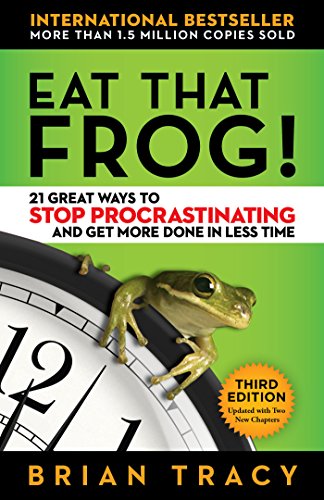
If the title doesn’t hook you, the text and lessons will. Brian Tracy writes about, 21 different ways to get more done in less time. The best part of the book is that you do not need to implement all of the methods for better time management. Even if you only add one or two tips to your life, the book is more than worth the read. Reminding you that your most important task is the one you finish first each day, this is a must-read for anyone looking to get started with time management. It’s available for free with an Audible subscription.
2. Essentialism: The Disciplined Pursuit of Less
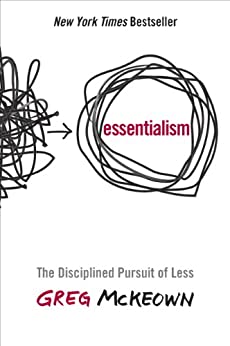
The next time you find yourself stretched too thin, pick up Greg Mckeown’s Essentialism: The Disciplined Pursuit of Less. Mckeown’s “The Way of the Essentialist” methodology enables you to only tackle the essential tasks each day and eliminate everything else. This methodology ensures you are giving yourself, your work or your family the best possible contribution each day.
Think of it as less time management and more about the discipline to cut out any non-essential work or tasks. By being more selective, your time and energy both move in the right direction. The bottom line is that after reading this book you should find yourself in a position to achieve more and do less. Who doesn’t like the sound of that?
3. 15 Secrets Successful People Know About Time Management: The Productivity Habits of 7 Billionaires, 13 Olympic Athletes, 29 Straight-A Students and 239 Entrepreneurs
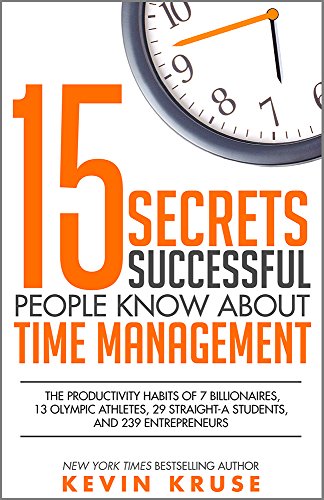
Kevin Kruse is already a best-selling author but that may not be enough to sway everyone into believing his time-management methods work. You may, however, believe the secrets of people who have already achieved incredible success through effective time management.
The book begins with a focus on the number 1440. That is the number of minutes available in any given day. The author reminds us that while money can be replaced, time cannot. Once you know just how valuable of a resource time can be, you can start to focus on how to be more effective at managing it. The lesson with this book is not to focus on time but to think about setting up the right habits so you never have to worry about time.
4. Time Management Ninja: 21 Tips for More Time and Less Stress in Your Life
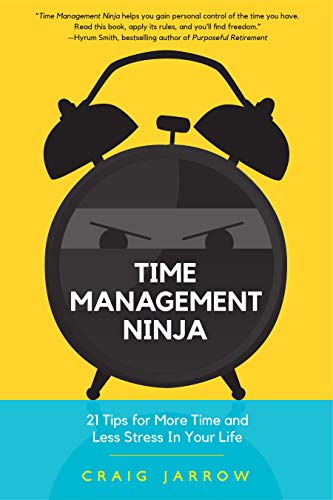
Don’t let the fact that this book was written in 2019 fool you. It’s as effective as any book written well before it. Unfortunately, author Craig Jarrow will not teach you how to be a real ninja. What he will show you is 21 steps to manage both your personal and work time effectively.
Jarrow focuses on the idea that historically, many time management books are hard to follow or implement. With his book, he’s been able to create something that everyone, at any level, can easily follow. The tips are practical and easy to implement. In fact, some of them will have you asking why you didn’t think of that. Ultimately, Jarrow reminds us that time management shouldn’t be difficult. Instead, there are easy methods to take time back and relieve yourself of stress at the same time.
5. Busy: How to Thrive in a World of Too Much
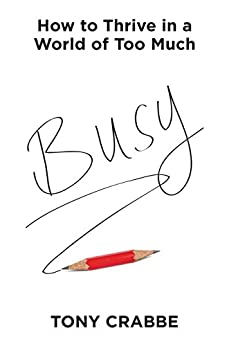
This is exactly the book you need if you think you are simply too busy and don’t have time to read. Author Tony Crabbe’s book Busy: How to Thrive in a World of Too Much is a great way to look at everything in your life and figure out how to see things differently.
With four strategies to focus on – Mastery, Focus, Engagement and Momentum – Crabbe takes us to a place where we recognize how much control we have over how we fill our time. Instead of explaining how to cope with too much on your plate, he goes right to the problem. Then Crabbe looks at how to fix the root of the problem. If you are someone who has ever felt you have too much to do and not enough time, this is the book for you.
Conclusion
It’s easy to look at time management books and think they are all the same. This couldn’t be further from the truth as each author shows you different ways to learn better time management skills. Whether it’s learning how to cope or learning more about your own work habits, each book has a unique style. Are there any time management books you have read and can recommend?
